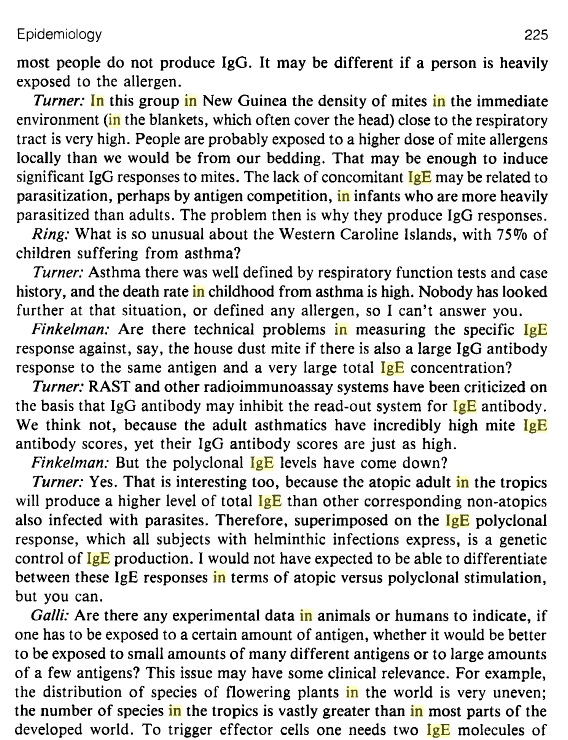Here is a recent interview transcript of Bruce Beutler
JCI: Would you advise any of your trainees to have the same drive and motivation you did to go after one singular problem with the same kind of tenacity that you had?
Beutler: I was often told by people, including by my father, that I was putting all of my eggs in one basket. But I must say in retrospect, if we hadn’t been focused and committed to one problem, we probably wouldn’t have got there. It was risky but I would counsel people to undertake high-risk projects and do them serially, rather than to work in parallel with a number of low-risk projects.
